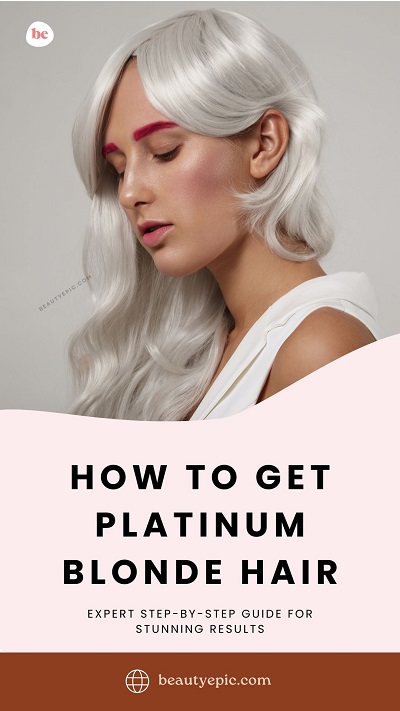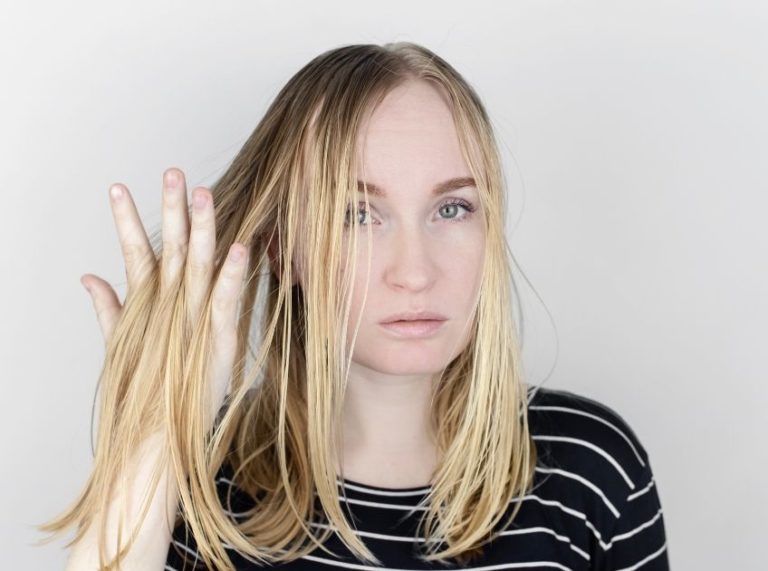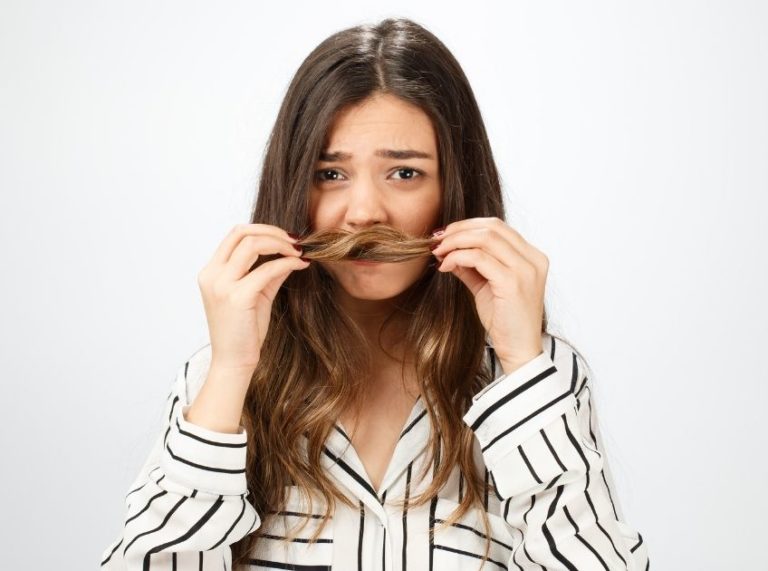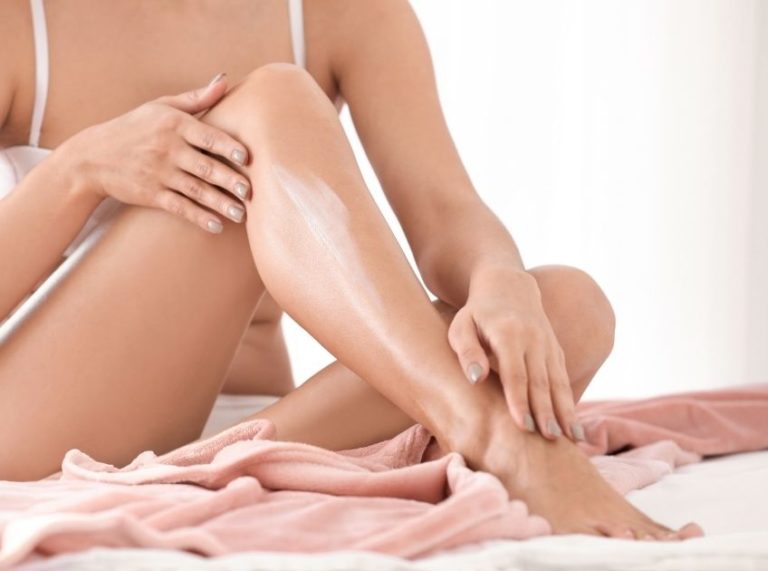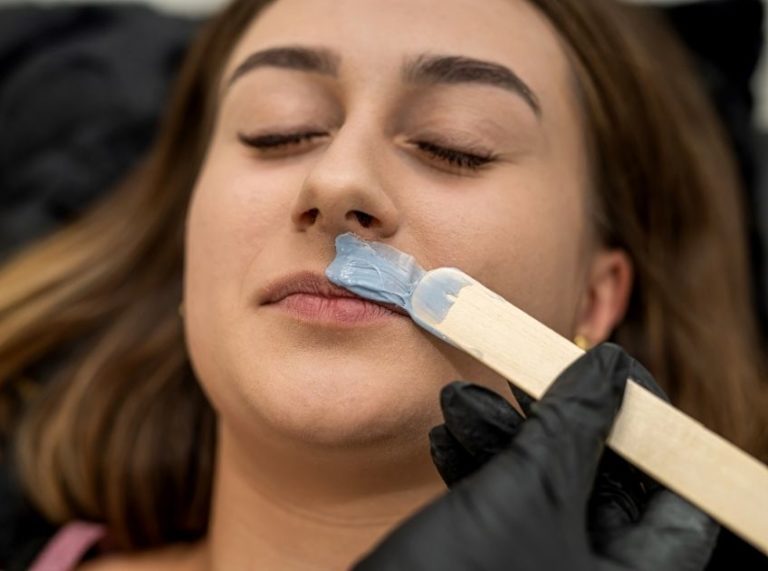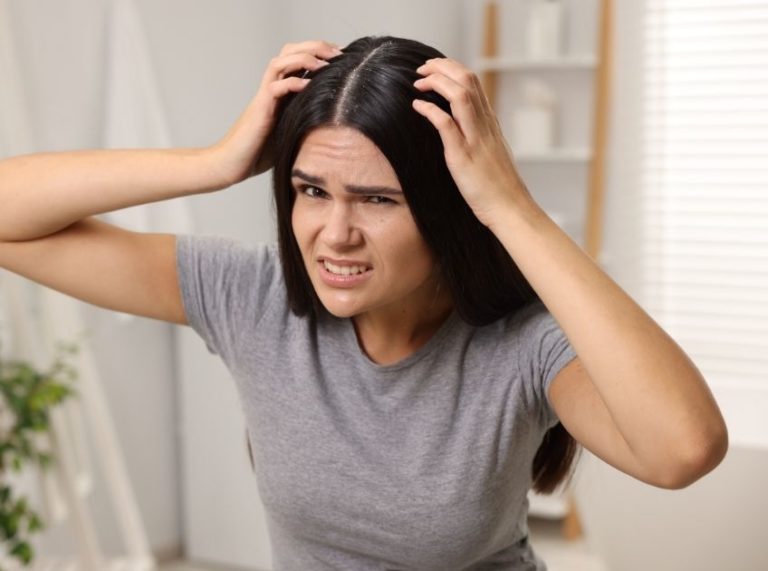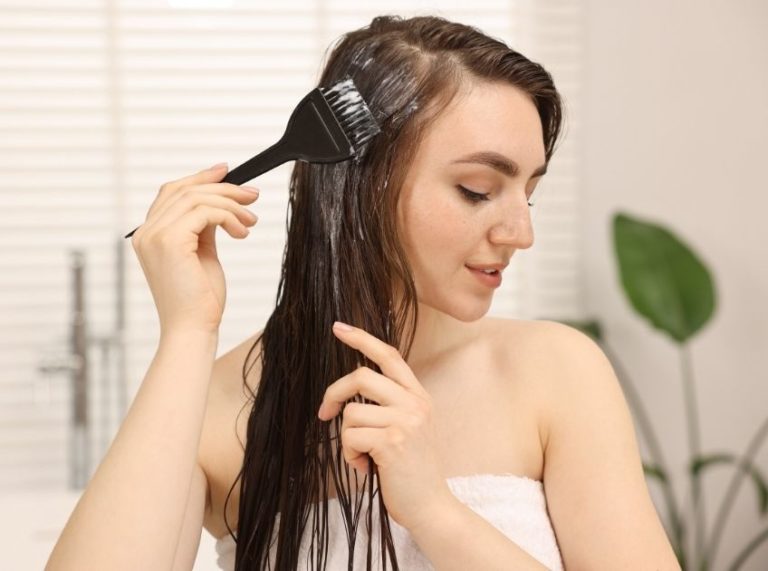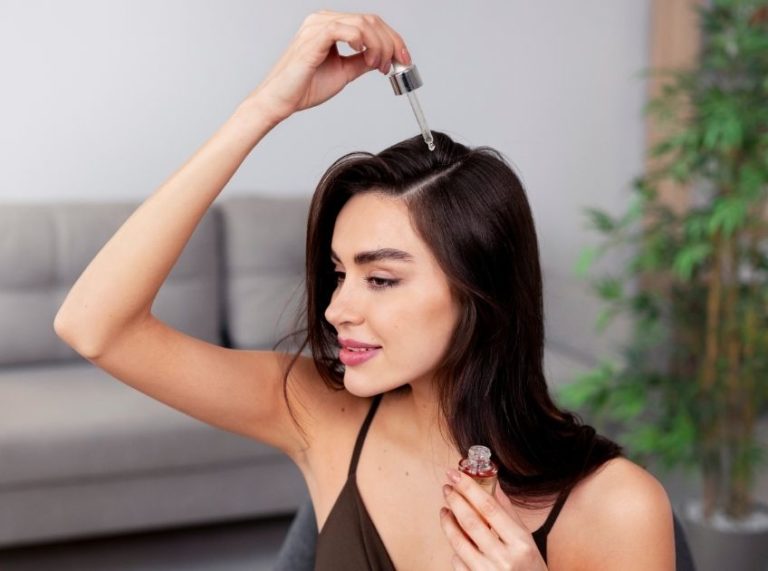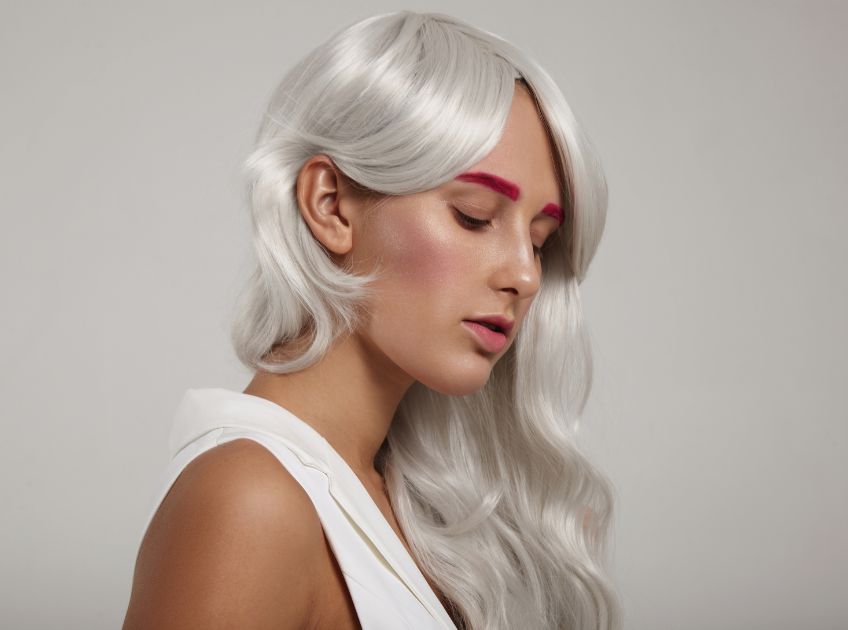
Important: This article is for informational purposes only. Please read our full disclaimer for more details.
Platinum blonde hair has a timeless, high-fashion appeal that turns heads wherever you go. It’s bold, edgy, and undeniably glamorous—but getting that icy, shimmering tone isn’t as simple as grabbing a box dye. Achieving platinum blonde requires patience, the right products, and proper aftercare to maintain hair health and keep brassiness at bay.
Before you start, it’s essential to know that going platinum is a major chemical process, especially if your starting shade is dark. Without careful technique and maintenance, you risk dryness, breakage, or an uneven color result. Let’s break it down step-by-step.
Step-by-Step: How to Achieve Platinum Blonde Perfection
1. Assess Your Hair’s Condition Before You Start
Platinum blonde is not forgiving on fragile hair. Check for signs of weakness—like excessive shedding, rough texture, or split ends—before bleaching. If your hair is overly damaged, take 2–4 weeks to strengthen it with bond-building treatments (like Olaplex No.3) and deep conditioners. Healthy hair not only lightens more evenly but also retains shine after bleaching.
2. Lighten Your Hair in Stages, Not All at Once
Going platinum from a dark base often requires multiple bleaching sessions. Trying to jump from black or dark brown to icy blonde in one go can cause severe breakage and “mush” hair (overprocessed, gummy texture).
- If your hair is very dark, expect 2–4 sessions spaced 3–4 weeks apart.
- If you’re starting from medium blonde, you might achieve platinum in just one session with careful toning.
3. Choose the Right Bleach and Developer Strength
A high-quality bleach powder paired with the right developer is crucial.
- 20 Volume Developer – Ideal for fine hair or light bases.
- 30 Volume Developer – For darker hair that’s healthy enough for more lift.
Avoid 40 volume at home—it’s too harsh and risky without a professional eye.
4. Apply Bleach Strategically
Section your hair into 4–6 parts for even coverage. Start applying bleach about 1 inch away from the scalp (heat from your head makes roots lighten faster), then go back to the roots at the end. Always work in thin slices so the bleach fully saturates each strand.
5. Monitor the Lifting Process Closely
Hair will pass through stages—red → orange → dark yellow → pale yellow.
- Stop at pale yellow (like the inside of a banana peel). Over-bleaching to pure white will destroy the cuticle.
- Check a small strand every 10–15 minutes to avoid over-processing.
6. Rinse Thoroughly and Avoid Hot Water
After bleaching, rinse with lukewarm water until it runs clear. Avoid hot water—it can cause more cuticle damage and dryness.
7. Tone for That Icy, Cool Finish
Toner is what transforms pale yellow into true platinum. Choose a violet or blue-violet based toner to cancel out yellow tones (e.g., Wella T18 for a classic icy look). Follow instructions carefully—leaving toner too long can cause an over-toned, dull finish.
8. Follow with Intensive Conditioning
Bleaching lifts pigment but also removes natural moisture and weakens bonds. Use a bond repair mask (Olaplex No.5, K18, or a protein mask) right after toning to restore elasticity and strength.
9. Space Out Future Bleaching Sessions
If you didn’t achieve your desired platinum in one go, wait at least 3–4 weeks before bleaching again. In the meantime, nourish your hair with weekly masks, hydrating leave-ins, and gentle sulfate-free shampoos.
10. Maintain with Regular Toning and Hydration
Platinum hair requires upkeep. Use a purple shampoo once a week to fight brassiness, and hydrate your hair daily with lightweight oils or leave-in creams.
Pro Tips for Going Platinum Blonde Without Regrets
- Do a Strand Test First – This shows how your hair will react to bleach and how long it will take to lift.
- Avoid Metal Hair Clips – Metal can react with bleach and cause uneven color.
- Protect Your Scalp – Apply a thin layer of coconut oil before bleaching to reduce irritation.
- Work in Thin Sections – Ensures even coverage and prevents patchiness.
- Consider Professional Help – If you’ve never bleached before, a skilled colorist can prevent major mistakes.
Caring for Your Platinum Blonde Hair
1. Use Purple Shampoo Weekly
Purple pigments neutralize yellow undertones, keeping your blonde bright and cool-toned. Don’t overuse—too much can leave a violet tint.
2. Hydrate, Hydrate, Hydrate
Bleached hair loses moisture quickly. Use a deep conditioner or hair mask 1–2 times a week, and leave-in conditioners daily.
3. Limit Heat Styling
Heat further damages bleached hair. If you must style, always use a heat protectant and keep the temperature under 300°F (150°C).
4. Trim Regularly
Platinum hair shows split ends easily. Schedule trims every 6–8 weeks to keep ends healthy.
5. Shield from Sun & Chlorine
UV rays and pool chemicals can fade or yellow blonde hair. Wear hats outdoors and use a swim cap or protective spray before swimming.
The Science Behind Hair Bleaching
Hair bleaching uses an alkaline agent (usually ammonia) to open the cuticle and a peroxide-based oxidizer to dissolve melanin pigments. This chemical process alters the structure of the hair shaft, which is why bleached hair becomes more porous and prone to dryness. Studies in the Journal of Cosmetic Science confirm that repeated bleaching increases cuticle roughness and reduces tensile strength, making aftercare essential (1)(2).
Frequently Asked Questions (FAQ’S)
Q. How long does it take to go platinum blonde?
A. It can take anywhere from one session (for light hair) to several months (for dark hair), depending on your starting shade and hair health.
Q. Can I go platinum blonde without bleach?
A. If your hair is naturally very light, high-lift blonde dye might work, but for most people, bleach is necessary.
Q. Will platinum blonde damage my hair permanently?
A. Bleach does cause lasting changes to your hair’s structure, but with proper care and regular treatments, you can keep it healthy and shiny.
Final Thoughts
Going platinum blonde is a commitment—both in the salon and at home. While it’s a high-maintenance look, the results can be stunning when done right. Take your time, protect your hair between bleaching sessions, and invest in quality toning and conditioning products. With patience and proper care, you can rock a flawless icy blonde that turns heads everywhere.
